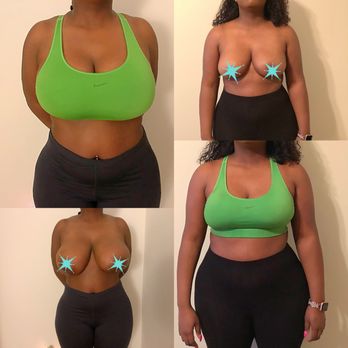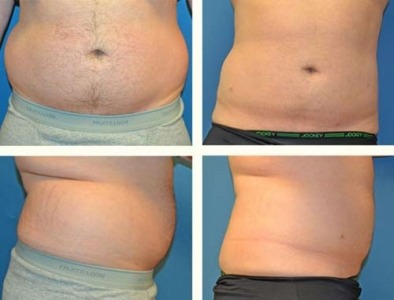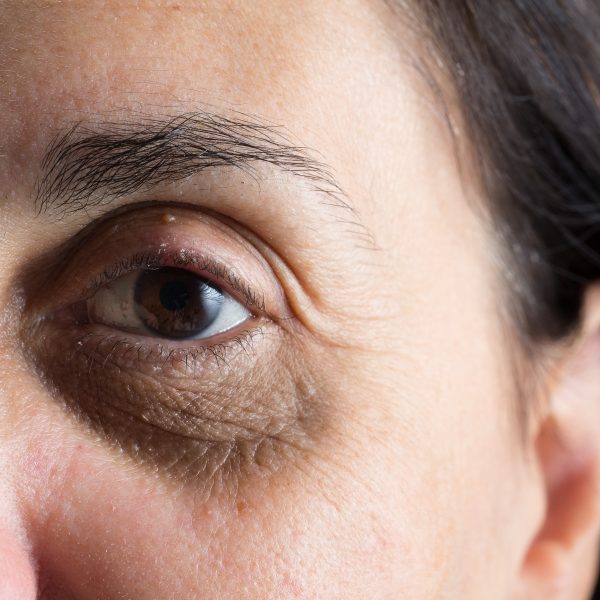
The FDA has published millions upon millions of reports about medical device problems. The FDA allows manufacturers of medical devices to report any problems to its employees. The reports are also available on its database, MAUDE, which is open to the public. Implant safety can be affected by many factors. A textured surface may prevent rotation. Implant complications are more likely for women who smoke. Be sure to check your medical history for autoimmune diseases if you are considering breast implants.
Textured surfaces prevent rotation
Tough surfaces, however, will prevent the rotation of breast implants that are teardrop-shaped. Textured surfaces will not allow the implant to rotate because they have a Velcro effect. Round implants will also not rotate as often, making them more secure in the breast pocket. While rotation of teardrop implant shapes is not a major problem, it can still cause aesthetic problems.

Avoiding autoimmune disorders
FDA is yet to determine if silicone breast implants can cause autoimmune diseases. Breast implants may have led to arthritis-like symptoms in some doctors. The FDA cannot prove that breast implants cause autoimmune disorders. However, evidence is mounting to support this possibility. The World Health Organization recently conducted a study that found a link between breast implant use and rare cancers.
Reversibility of surgery
Breast implant surgery cannot be reversed, unlike cosmetic procedures like tummy tuck or rhinoplasty. The shape of your breasts will not return to their original form once the implants have been placed. The implanted breast tissue may remain dimpled, wrinkled, or distorted. A significant amount of pain may result from the procedure. However, you can minimize these risks by selecting a plastic surgeon who is trained in breast implant surgery.
Patient device cards
Updates to FDA's guidelines regarding patient device cards (for breast implants) have made it more crucial than ever to provide information about the product to patients. According to the latest FDA guidelines, patient device cards must include information about the implant type, serial number and any boxed warnings. The cards should also contain links to web pages that will direct patients to the label and decision checklist for more information.

Screening for rupture
Two to three years after breast surgery, the Food and Drug Administration (FDA), recommends periodic imaging. Ultrasound can tell the difference between normal and ruptured implants. On ultrasound, normal implants will look well-defined and homogeneous. A ruptured implant will look like a snowstorm. An MRI should be scheduled if you have any of these symptoms. This will allow you to determine the extent of the rupture. This type imaging is not covered under your insurance.